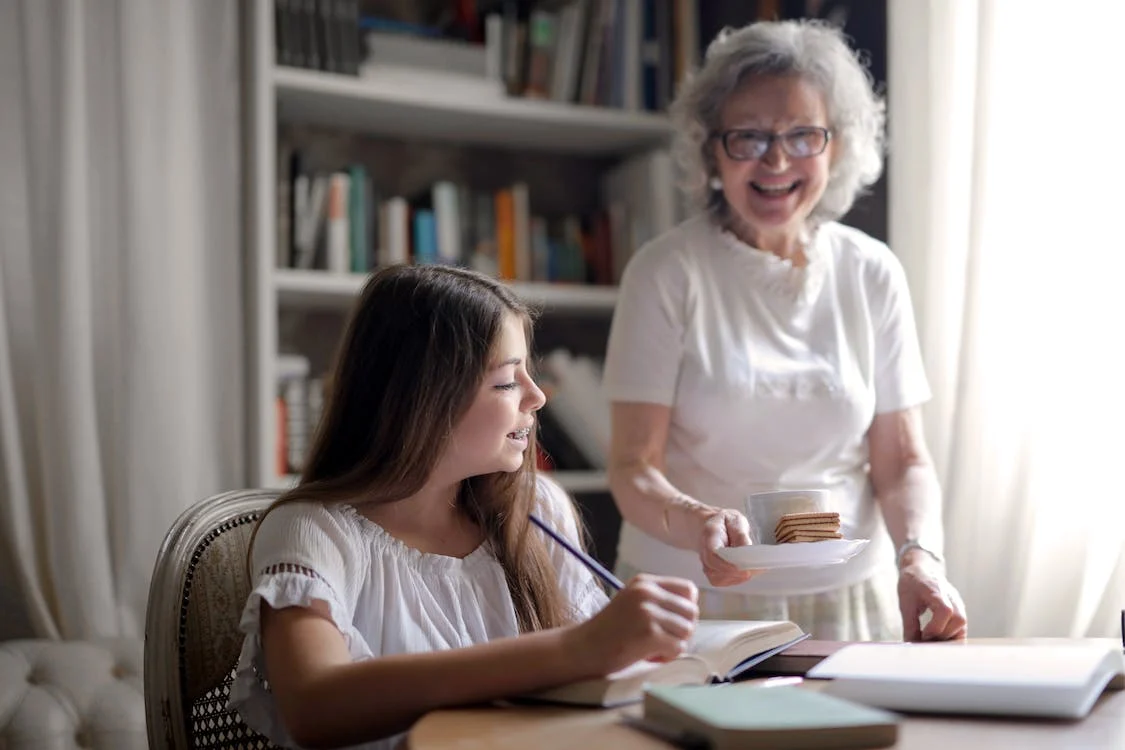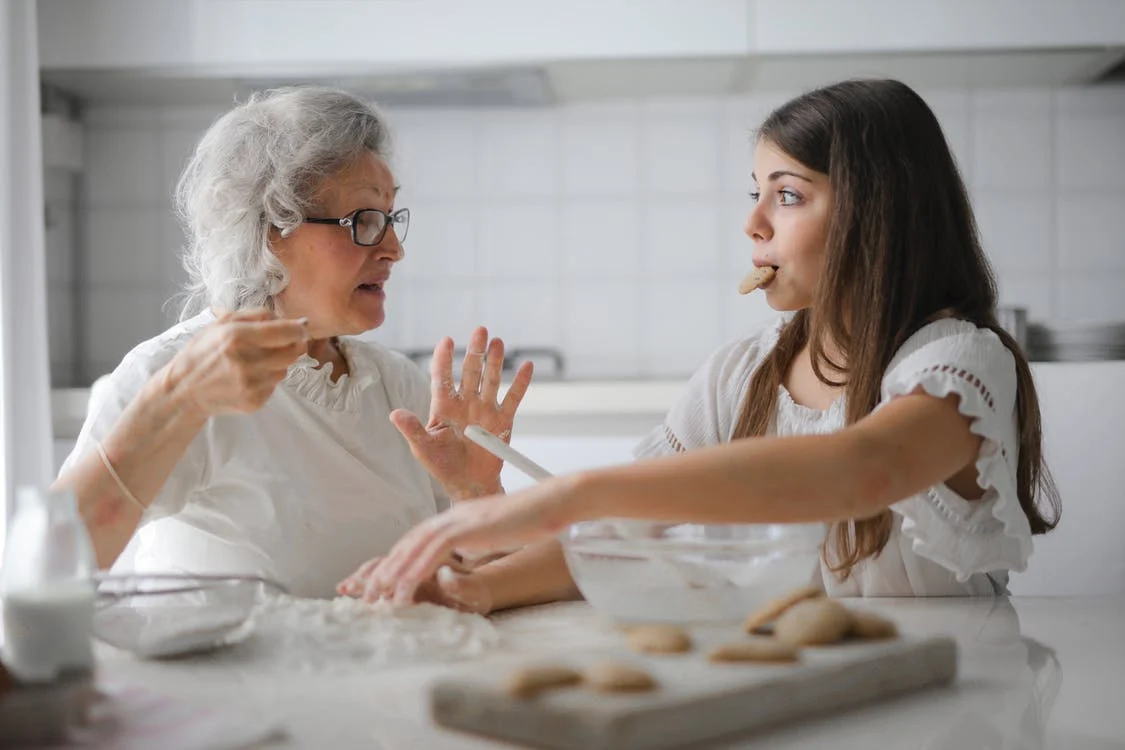
6 Signs Your Elderly Loved One Needs Home Care
It can happen to the best of us. One day, our parents are still able to easily handle their everyday tasks on their own. Then, gradually or abruptly, they’ll call on you to assist them in doing a few tasks here and there.
While you may be happy to help your parents, there will come a time when you’re stretching yourself far too thin to assist them. If you’re spending too much time providing home care to your parents to the point that you’re neglecting other aspects of your life, it may be time to call upon external assistance.

When the time comes, don’t be reluctant to ask for help; you’ll end up saving a lot of time and hassle in the long run. In the meantime, here are 6 signs that suggest your elderly loved one needs home care:
1) They’re Isolating Themselves
If your loved one has shifted from an outgoing personality to a more isolated one, it could be a sign that their mental faculties are taking a hit.
Home caregivers can provide companionship and transportation to appointments and social events. This can be useful since you can’t always guarantee that you’ll be around the house 24/7. It frees up time on your part too; if your job necessitates regular travel, you won’t need to change your plans to accommodate your bed-ridden parent.
Since the caregiver provides around-the-clock assistance, you’ll have peace of mind knowing that if your parent is encountering any medical emergency, there’ll be someone at the scene ready to urgently assist them.
2) They’re Falling Behind on Personal Hygiene
Can your parents wash and dress up without any assistance? Are they able to go to the bathroom by themselves? If they’re struggling to do so, it’s a sign that they need home care.
It doesn’t need to be said that hygiene is extremely important for daily living. But this sentiment is especially true for elderly people. As we age, our body’s ability to fight off foreign pathogens weakens, making us more susceptible to contracting diseases.
If you neglect to care for your parent’s hygiene, they could unknowingly expose themselves to harmful bacteria and end up seriously ill. A home caregiver can take on this responsibility for you, ensuring that your parents abide by proper hygiene practices. They can also ensure that the room they’re staying in is clean and dust-free.
3) You Have A Busy Schedule
Another crucial factor that can dictate your decision to get home care is your own availability. If you find that you’re always away from home and can’t be there for your parents, it’s best to get professional help.
While many people have siblings who can care for their parents, it’s not a possibility for everyone. When this happens, you may have to contact an elderly care facility like Banfields Aged Care to get you in touch with a trained specialist to give your parents the care they need.
This is especially true if your job requires you to travel frequently. With a home caregiver, you can rest assured knowing that your parents are in good hands even when you’re away.
4) They Follow a Strict Medical Schedule
If your parents are on a regular medication schedule, it’s important to have someone around to make sure they’re taking their medications on time.
Medical schedules can be easily overlooked, and if your parent misses a dose or takes too much of their medication, it could have dire consequences.
As such, it’s always best to have a professional home caregiver around to manage your parent’s medication schedule. This way, you can be sure that they’re sticking to their schedule and taking the right dosages.
Moreover, these aged care specialists are specially trained to pick up on behavioural changes brought on by these medications that everyone else might have missed. This way, you can respond accordingly and adjust the dosage if needed.
5) They Have Cognitive Problems
One of the more common signs of ageing is memory loss. This is because blood flow can weaken as you age, causing impairments in memory and cognitive abilities.
If your parents have trouble remembering things, it’s best to have a home caregiver around. Home caregivers can keep tabs on everything that your parents might need, including doctor appointments, family events, and other important dates.
They can also help your parents with their daily tasks, such as taking medication at the right time and eating correctly. They can also prevent any avoidable accidents that your parents may find themselves in, such as wandering off and getting lost.
6) They Can’t Move By Themselves
Is your parent confined to their bed or wheelchair? If they’re unable to move about by themselves, a home care assistant may be a big help.
Being immobile takes a toll on one’s mental and physical well-being. Not only does it prevent them from going from one place to another with ease, but it also severely hinders their ability to do a lot of basic tasks like reaching for things or going to the bathroom.
A home caregiver can help your parents move around by providing them with physical assistance. They can also help reach for things that your elderly parent can’t do on their own.


